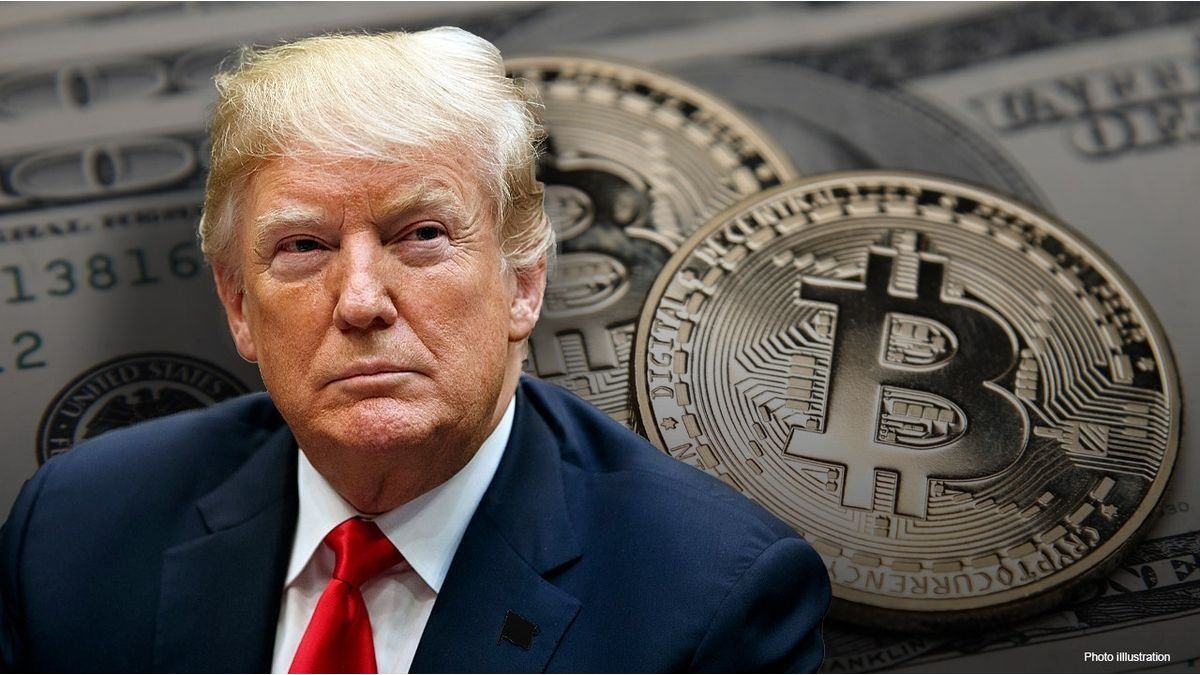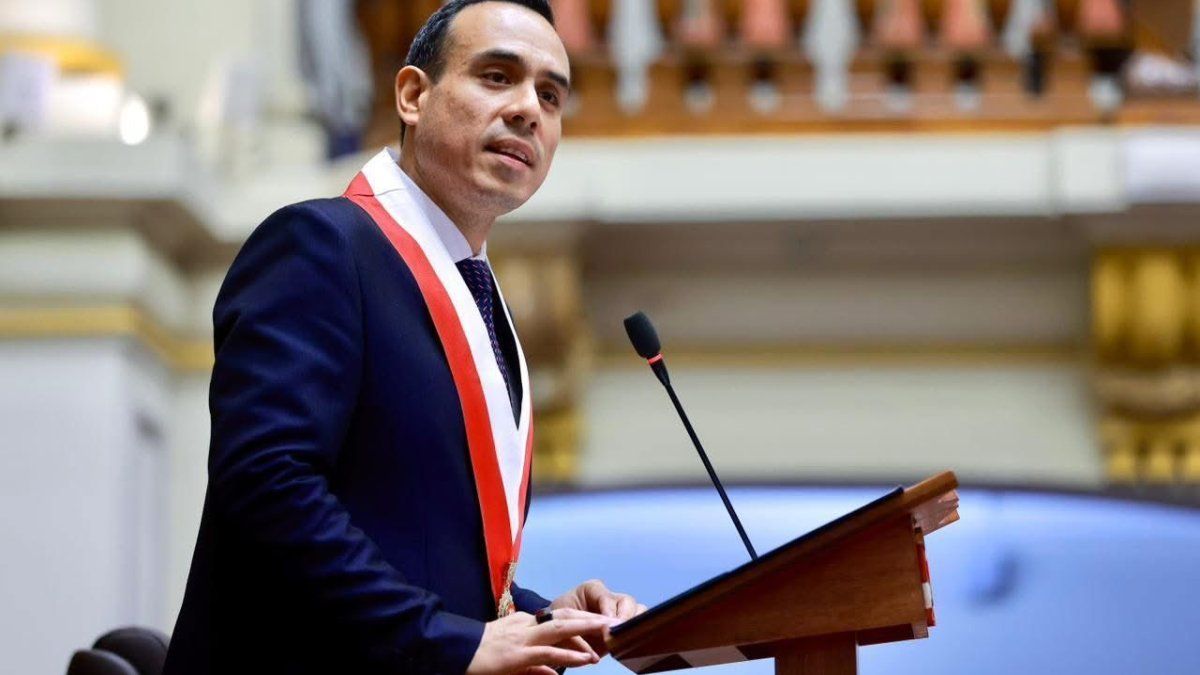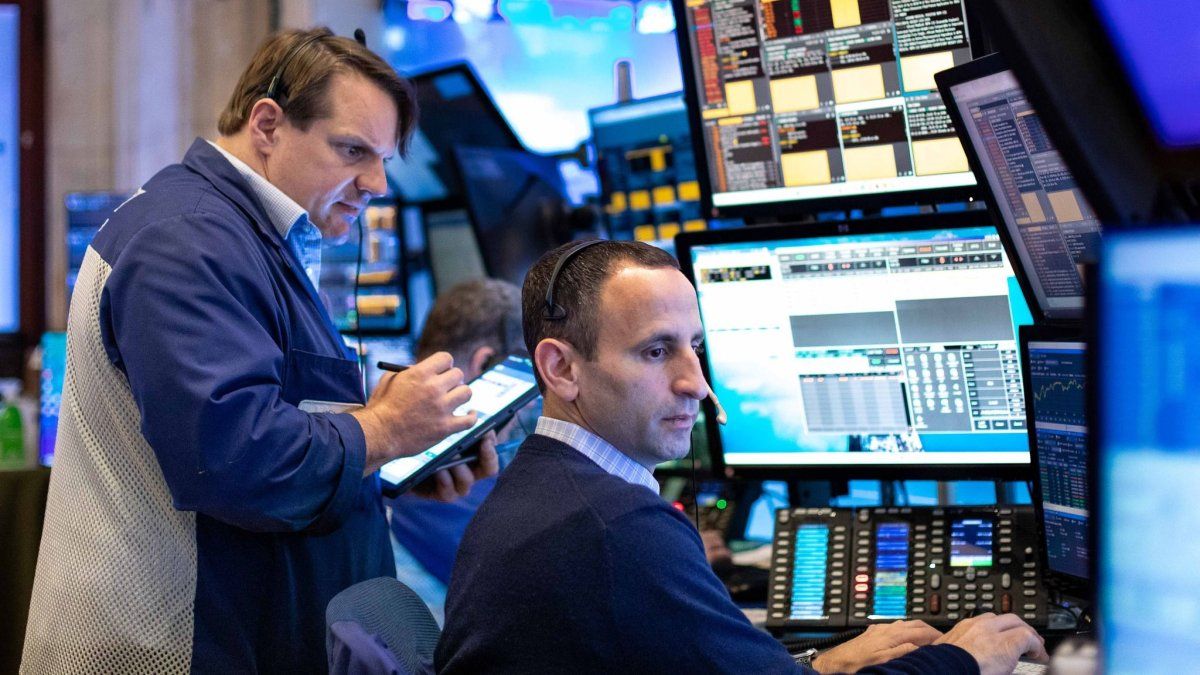The plans of Donald Trump and the Republican Party for Bitcoin (BTC) took the cryptocurrency to new all-time highs. It happens that the president-elect ratified his promise to create a strategic BTC reserve that would control up to 5% of the total supply of the leading cryptocurrency.
It should be remembered that this promise had been made during his speech at the Bitcoin 2024 Conference held in Nashville (Tennessee), where the then candidate earned the trust of crypto market enthusiasts by ensuring that his government would be much more friendly to the industry. than the outgoing Joe Biden, who was public enemy number 1 for the market.
The most elaborate legislation in this regard is that of Senator Cynthia Lummis (R-Wyoming), titled “Bitcoin Act of 2024”, which would create a “Bitcoin purchase program” that will not acquire more than 200,000 bitcoins per year for a period of time. period of five years, up to one million bitcoins. States can also voluntarily participate in storing bitcoin holdings as part of the reserve, and would have to meet certain requirements, including security protocols.
“Establishing a strategic bitcoin reserve to bolster the US dollar with a digital hard asset will secure our nation’s position as a global financial leader for decades to come,” Lummis says in the text.
How a BTC reserve works
The proposal to create a strategic Bitcoin reserve in the US is a concept that, although still in the speculation phase, opens a door to reflection on how digital assets could be integrated into the economic strategies of countries.
Historically, strategic reserves, such as gold or foreign currencies, They played a key role in the financial stability of nations, functioning as a cushion against economic crises or exchange rate fluctuations. In this sense, including Bitcoin in the reserve mix would be a step towards the diversification of these assets, considering its growing relevance as an alternative refuge in times of global economic uncertainty.
However, the idea of a Bitcoin reserve raises a number of questions about its implementation. One of the most relevant is which authority would be responsible for managing these assets, and how their purchase would be financed. The possibility of acquiring Bitcoin through the sale of other assets, such as gold or bonds, or even through the issuance of debtwould open a debate on the implications of these decisions on monetary policy and the national debt. This approach, known as “printing money,” could have effects on inflation and confidence in the dollar.
bitcoin cryptocurrencies.jpg
The Republican Party already has a bill to create a “Bitcoin purchase program” for five years.
Depositphotos
Furthermore, it is important to consider that this strategic Bitcoin reserve could also include assets seized by US authorities, which so far amount to more than 200,000 bitcoins. This collection, which includes cryptocurrencies confiscated from criminals such as Ross Ulbricht, the founder of Silk Roadwould be presented as a opportunity for the United States government not only to diversify its assets, but also to use these funds for strategic purposes, given their considerable value in the current market.
Ultimately, the proposal for a strategic Bitcoin reserve It is not just a question of economic policy, but a reflection of how the world of cryptocurrencies could transform the way countries manage their reserves. and respond to global financial challenges.
The question of whether Bitcoin can play such a fundamental role in a country’s strategic reserves remains to be seen, but the simple fact that it is being discussed demonstrates the transformative power that cryptocurrencies can have on the global economy.
Source: Ambito




